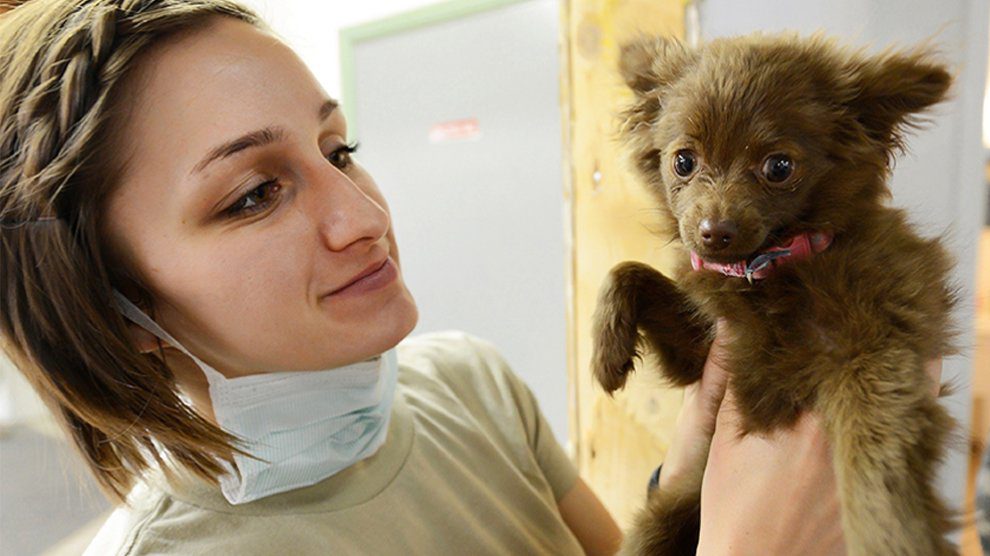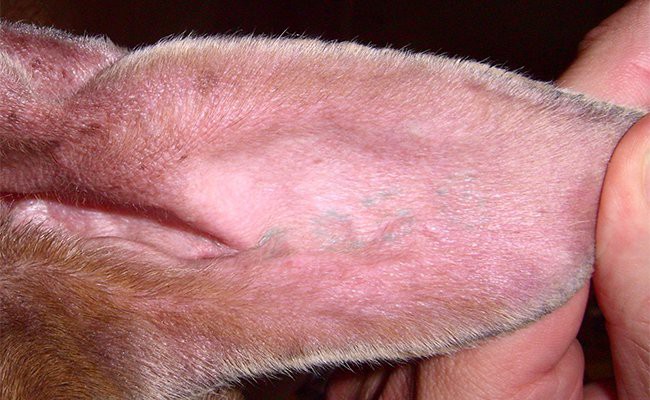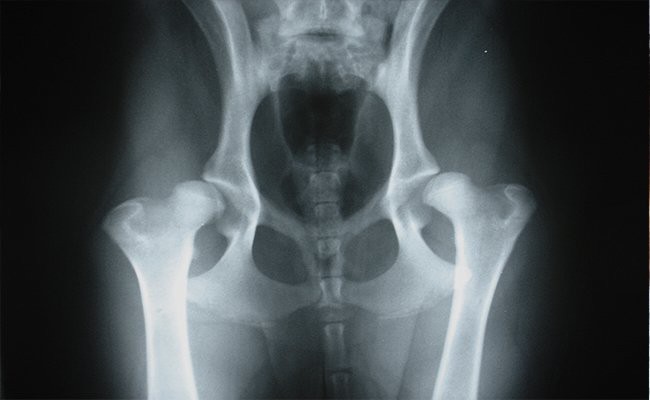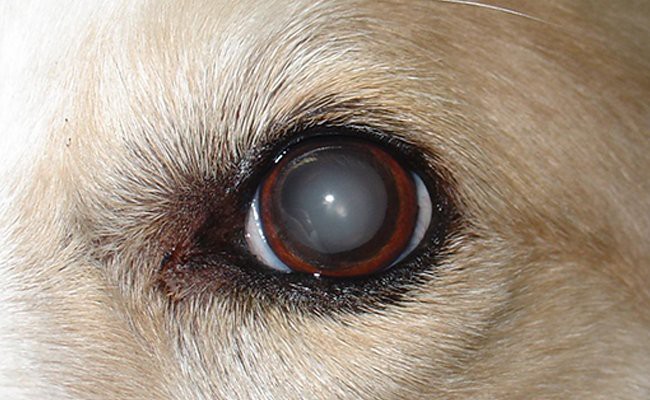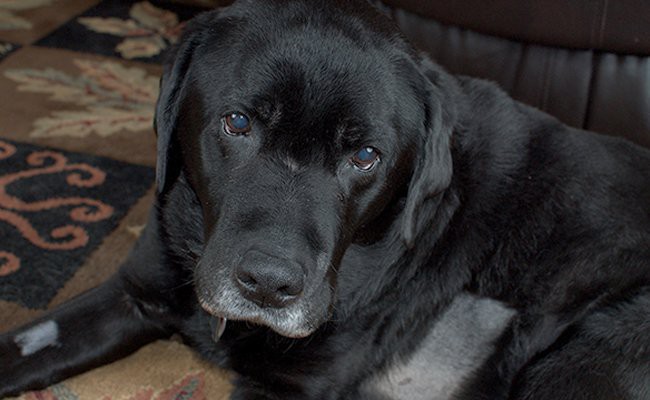Dog Pregnancy Calculator And Timeline
Dogs are devoted companions, which depend on us for good care. You should know about dog diseases and the health problems faced by your canine friend to lead a healthy life.
Dogs And Ear Infections
In fact, ear infections (e.g., cauliflower ears) are caused by yeast, allergies, bacteria, ear mites deep in the ear canal.
Symptoms:
- Ear Odour
- Lack of balance
- Redness of the ear canal
- Swelling in the outer portion of an ear
- Yellow, bloody, or brown discharge
- Vigorous Scratching
- Head tilting or head shaking
Treatment:
Medication with a professional cleaning at home.
Alabama Rot Disease
A deadly disease that has killed several dogs in the UK increased dog owners’ concern for their dogs.
Some dog breeds with Alabama rot disease:
- Flat-coated retrievers.
- Labradors
- English springer spaniels
- Whippets
- Border collies
- Cocker spaniels
Symptoms:
- Vomiting
- Fever
- Anorexia
- Lethargy
- Decrease hunger
- Skin lesions or ulcers or sores not caused by the injury.
- Sores on tongue, mouth, abdomen, chest, and legs.
- Kidney failure
Treatment:
- Strong supportive therapy during kidney failure stage for Alabama rot disease.
- Wound management of skin lesions.
Hip Dysplasia In Dogs
Hip dysplasia is a disease that occurs due to non-fitting or improper fitting of the socket areas and the ball portion in their hip. Mostly, it causes a grating of the joints, which results in difficulty walking.
Some dogs affected by hip dysplasia disease:
Hip dysplasia commonly affects large dog breeds, including
- German shepherds
- Saint Bernards
- Bulldogs
- Neopolitan mastiffs
- Chows
- American Staffordshire Terriers
- Rottweilers
- Great Danes
- Otterhounds
- Old English sheepdogs
Symptoms:
- Pain
- Stiffness
- Loss of thigh muscle mass
- Narrow stance
- Decreased activity
- Looseness in the joint
- Weakness in hind legs
Treatment:
- Physical therapy
- Joint fluid modifiers
- Anti-inflammatory medication
- Weight reduction to reduce stress in the hip
Dental Diseases In Dogs
Some signs of dental disease in dogs include bleeding gums, gum loss, and also bad breath.
Symptoms:
- Bad breath
- Inflamed gums
- Calculus and plaque
- Swollen Jaw
- Trouble chewing
- Nasal discharge and sneezing
Treatment:
- Dental vaccine, a porphyromonas vaccine used to destroy all type of bacteria which cause due to periodical disease in dogs.
- Home brushing is used to prevent dental disease in dogs.
- Switching to kibble or hard food.
Cataracts In Dogs
Cataracts disease affects the eyes’ lens, which causes them to lose their transparency and impairing vision. It even causes blindness.
Causes:
- Old age
- Inflammation of eyes uveitis
- Electric shock
- hypocalcemia
Symptoms:
- Eye irritation
- Eye discharge, redness, or blinking
- Scratching or rubbing of eyes
- Clumsiness
- A grey, white or bluish layer in the eye.
Treatment:
- Eye drops that prevent inflammation.
- Treating the underlying cause.
Progressive Retinal Atrophy In Dogs
Progressive retinal atrophy is a group of degenerative disorders that may cause blindness.
Symptoms:
- Cataracts
- Night blindness
- Greenish sheen to eyes
- Decreased menace response
- Opaque or cloudy eye surface
- Stumbling over objects
Treatment:
- There is no treatment; keep the dog’s environment constant.
- Also, the antioxidant will slow the rate of disease in the retina.
Diabetes In Dogs
It is caused due to inadequate response to insulin or lack of hormone insulin. Diabetes mellitus and diabetes insipid us are the types of diabetes caused by dogs.
Symptoms for Diabetes Mellitus:
- Increased urination
- Weight loss
- Dehydration
- Excessive thirst and drinking
- Vomiting
- Change in appetite
- Breath smells fruity or sweet
- Skin infection
- Cataracts or blindness
Symptoms for diabetes insipid:
- Weight loss
- Poor coat health
- Decreased urination due to dehydration
- Excessive thirst and drinking
- Increased urination
Treatment for diabetes insipid:
Feed your dogs with oral salt, diuretics, and chlorothiazide, which will reduce the risk of dehydration.
Treatment for Diabetes Mellitus:
- It is treated daily with insulin injections and diet.
- Your vet will provide tech on storing insulin and how much insulin to give your dogs.
Lyme Disease In Dogs
Generally, Lyme disease is one of the common tick-transmitted diseases caused by spirochete bacteria Borreliaburgdorferi.
Symptoms:
- Sensitivity to touch
- Fever
- Lack of appetite
- Depression
- Stiff walk with an arched back
- Nervous system complications
Treatment:
- Usually, the common antibiotic doxycycline is preferred for Lyme disease.
- This antibiotic treatment will not eliminate infection but resolve the symptoms.
Heartworm Disease In Dogs
Heartworm disease is a silent killer disease in dogs, which is spread by mosquitoes.
Symptoms:
- Inactivity or lethargy
- Weight loss
- Lethargy
- Difficult breathing
- Bulging chest
- Allergic reaction
- Collapse
Treatment:
Antibiotic and pain relief medication, diuretics, and special diets improve heart function and reduce fluid accumulation in the lungs before treatment.
Fungal Dog Diseases
These diseases are caused by fungi. Fungal spores enter the respiratory tract in your dog’s system cause fungal infection.
Symptoms:
- Loss of appetite
- Weight loss
- Fever
- Eye inflammation
- Eye discharge
- Skin Lesions
Treatment:
- Feed the high-quality diet
- Dry it completely, including outer parts of ears after dogs bath or swim.
Diarrhea In Dogs
Diarrhea is a common health problem caused by dogs due to stress, dietary allergies, and parasitic infections. Giardia is another intestinal infection caused by a protozoan parasite.
Symptoms:
- Vomiting
- Faecal accidents
- Mucus or blood in faeces
- Straining to defecate
- Possible anorexia
- The increased volume of faeces
Treatment:
- To avoid dehydration, give plenty of clean water to your dogs.
- Also, feed your dog with white rice and boiled white chicken until it returns to normal.
- If diarrhea continues for more than 24 days, then call your vet immediately.

